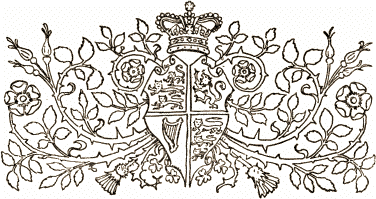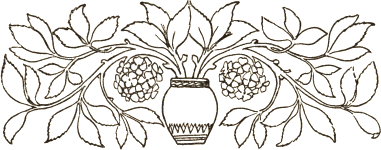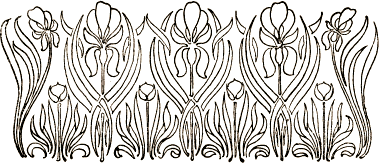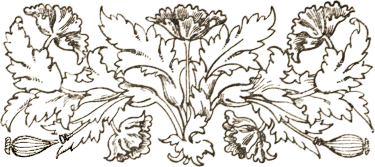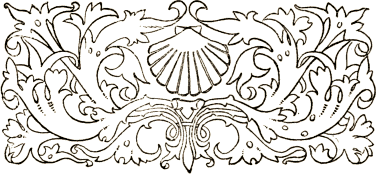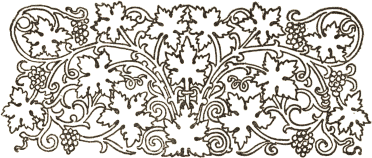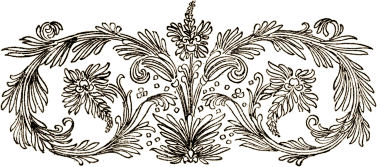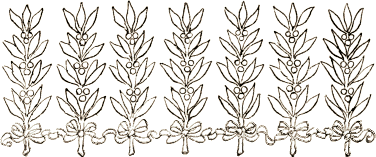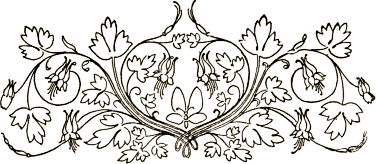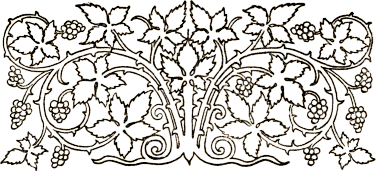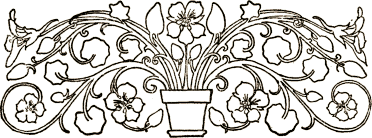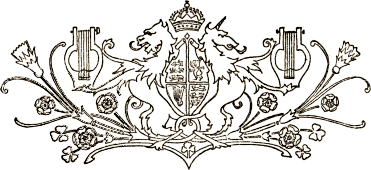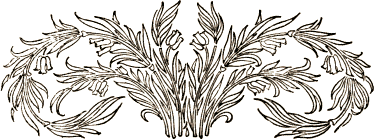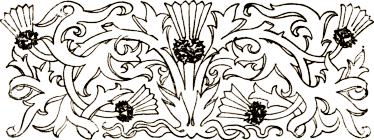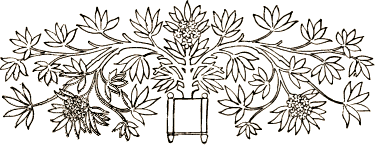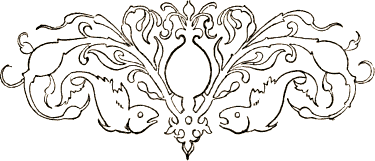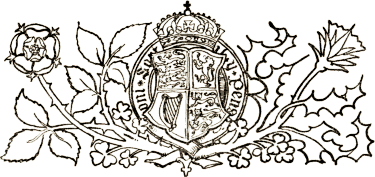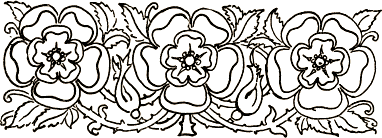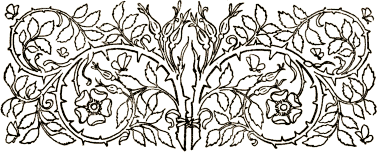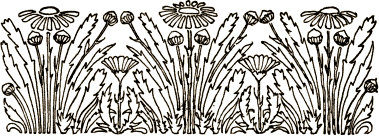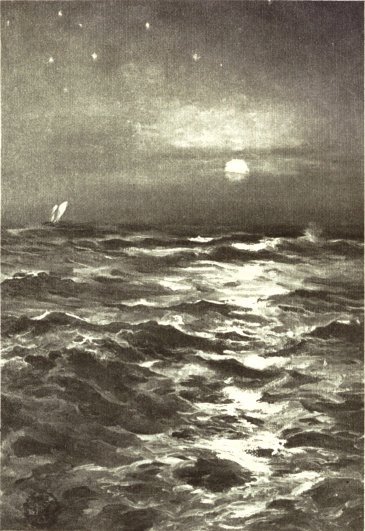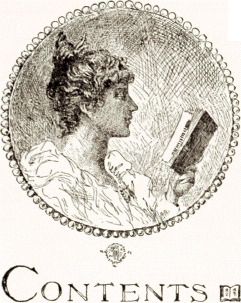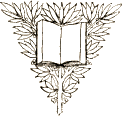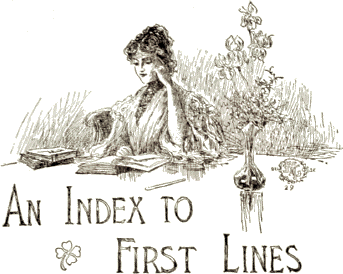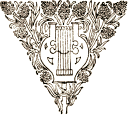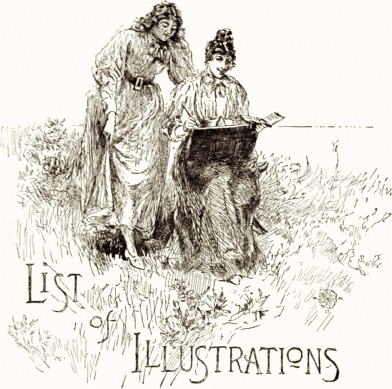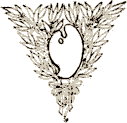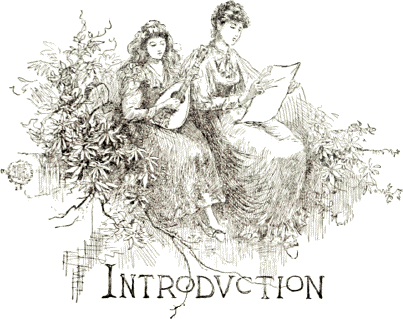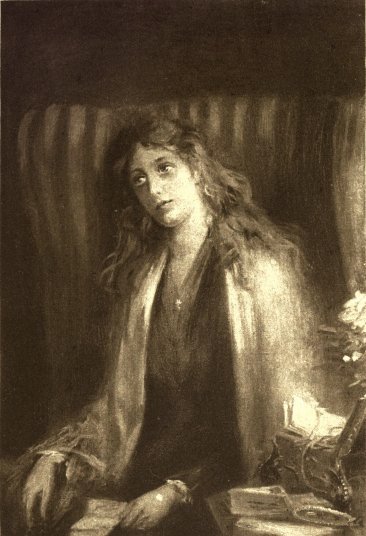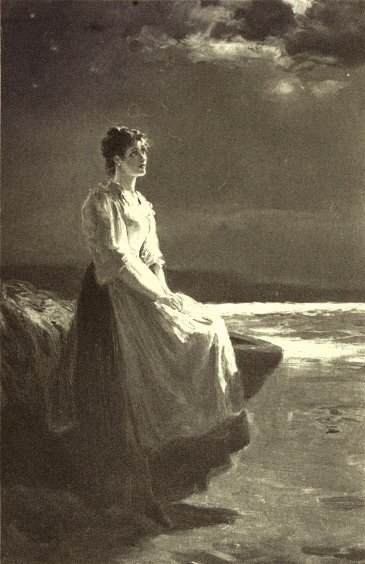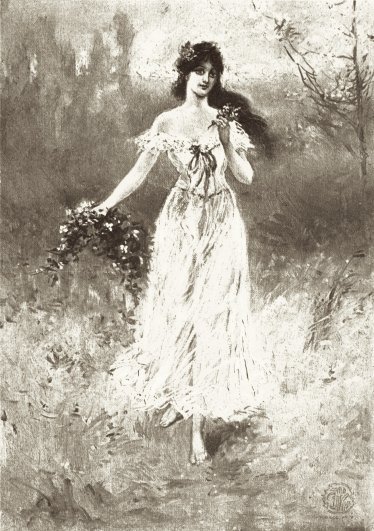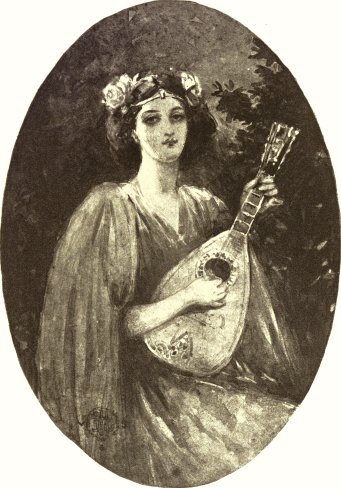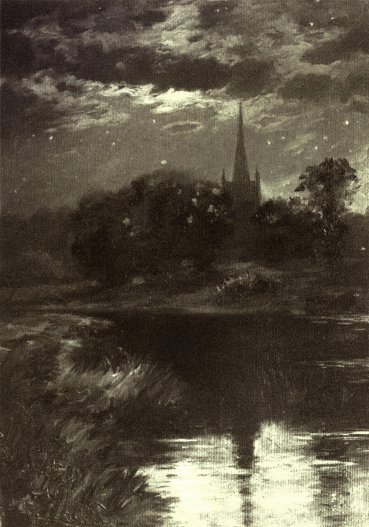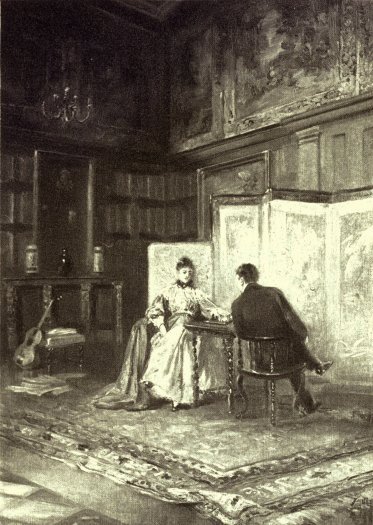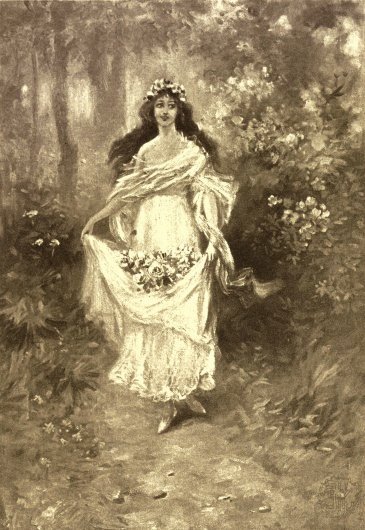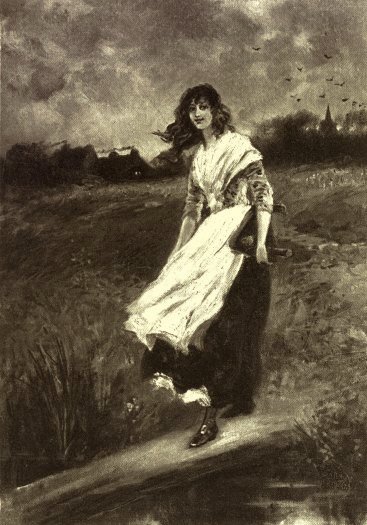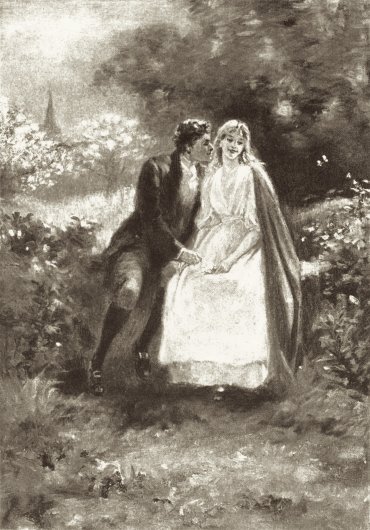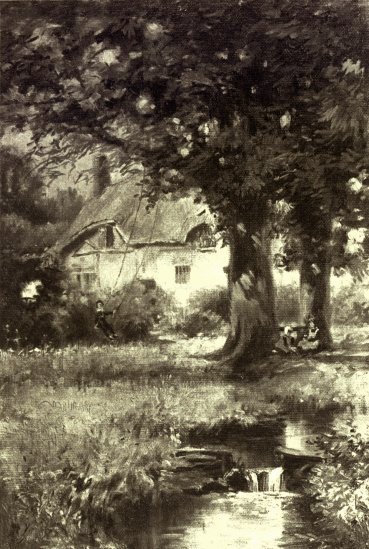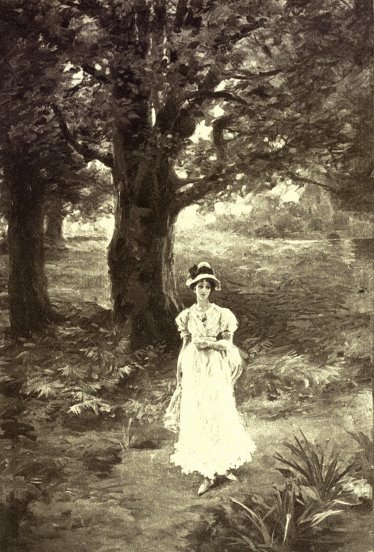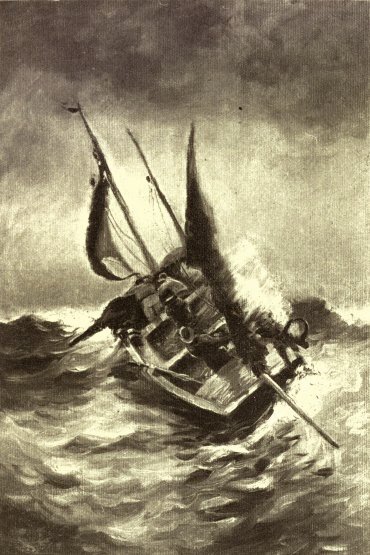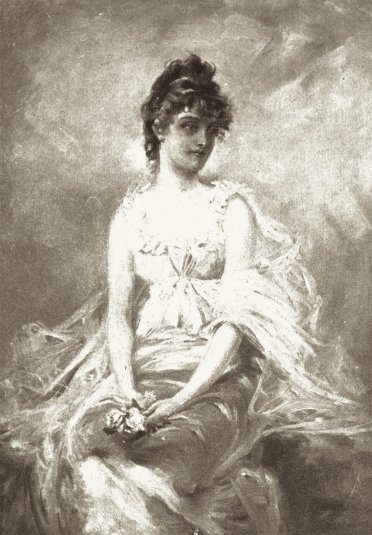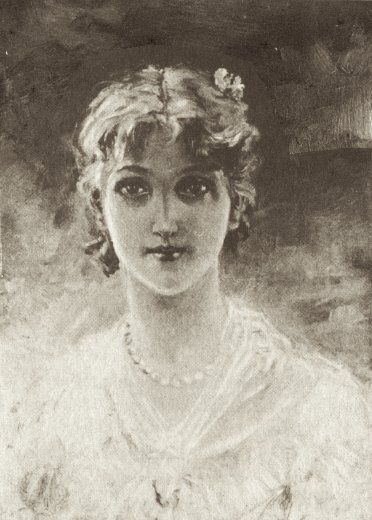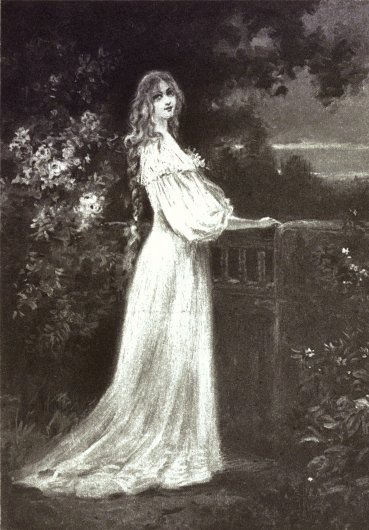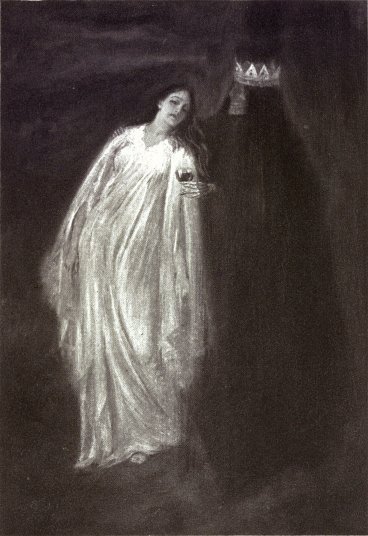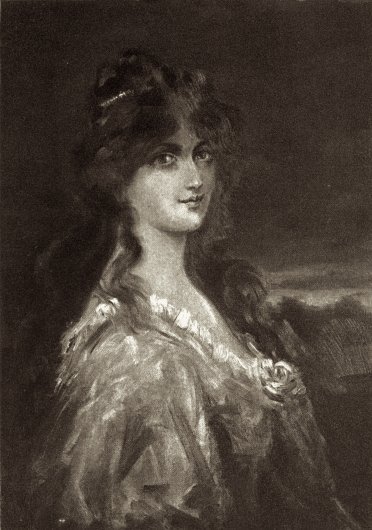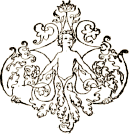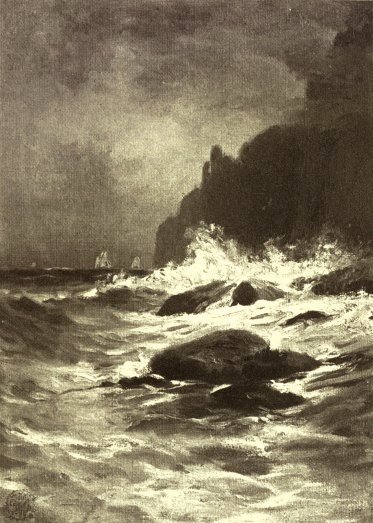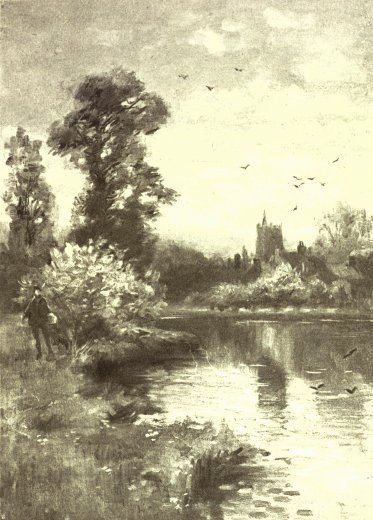No
species of poetry is more ancient than the lyrical, and yet none shows
so little sign of having outlived the requirements of human passion. The
world may grow tired of epics and of tragedies, but each generation, as
it sees the hawthorns blossom and the freshness of girlhood expand,
xxiv
is seized with a pang which nothing but the spasm of verse will relieve.
Each youth imagines that spring-tide and love are wonders which he is
the first of human beings to appreciate, and he burns to alleviate his
emotion in rhyme. Historians exaggerate, perhaps, the function of music
in awakening and guiding the exercise of lyrical poetry. The lyric
exists, they tell us, as an accompaniment to the lyre; and without the
mechanical harmony the spoken song is an artifice. Quite as plausibly
might it be avowed that music was but added to verse to concentrate and
emphasize its rapture, to add poignancy and volume to its expression.
But the truth is that these two arts, though sometimes happily allied,
are, and always have been, independent. When verse has been innocent
enough to lean on music, we may be likely to find that music also has
been of the simplest order, and that the pair of them, like two
delicious children, have tottered and swayed together down the flowery
meadows of experience. When either poetry or music is adult, the
presence of each is a distraction
xxv
to the other, and each prefers, in the elaborate ages, to stand alone,
since the mystery of the one confounds the complexity of the other. Most
poets hate music; few musicians comprehend the nature of poetry; and the
combination of these arts has probably, in all ages, been contrived, not
for the satisfaction of artists, but for the convenience of their
public.
This divorce between poetry and music has been more frankly accepted
in the present century than ever before, and is nowadays scarcely
opposed in serious criticism. If music were a necessary ornament of
lyrical verse, the latter would nowadays scarcely exist; but we hear
less and less of the poets devotion (save in a purely conventional
sense) to the lute and the pipe. What we call the Victorian lyric is
absolutely independent of any such aid. It may be that certain songs of
Tennyson and Christina Rossetti have been with great popularity “set,”
as it is called, “to music.” So far as the latter is in itself
successful, it stultifies the former; and we admit at last that the idea
of one art aiding another in this
xxvi
combination is absolutely fictitious. The beauty—even the beauty
of sound—conveyed by the ear in such lyrics as “Break, break,
break,” or “When I am dead, my dearest,” is obscured, is exchanged for
another and a rival species of beauty, by the most exquisite musical
setting that a composer can invent.
The age which has been the first to accept this condition, then,
should be rich in frankly lyrical poetry; and this we find to be the
case with the Victorian period. At no time has a greater mass of this
species of verse been produced, not even in the combined Elizabethan and
Jacobean age. But when we come to consider the quality of this later
harvest of song, we observe in it a far less homogeneous character. We
can take a piece of verse, and decide at sight that it must be
Elizabethan, or of the age of the Pléiade in France, or of a particular
period in Italy. Even an ode of our own eighteenth century is hardly to
be confounded with a fragment from any other school. The great Georgian
age introduced a wide variety into English poetry; and yet we have but
to examine the
xxvii
selected jewels strung into so exquisite a carcanet by Mr. Palgrave in
his “Golden Treasury” to notice with surprise how close a family
likeness exists between the contributions of Shelley, Wordsworth, Keats,
and Byron. The distinctions of style, of course, are very great; but the
general character of the diction, the imagery, even of the rhythm, is
more or less identical. The stamp of the same age is upon
them,—they are hall-marked 1820.
It is perhaps too early to decide that this will never be the case
with the Victorian lyrics. While we live in an age we see the
distinction of its parts, rather than their co-relation. It is said that
the Japanese Government once sent over a Commission to report upon the
art of Europe; and that, having visited the exhibitions of London,
Paris, Florence, and Berlin, the Commissioners confessed that the works
of the European painters all looked so exactly alike that it was
difficult to distinguish one from another. The Japanese eye, trained in
absolutely opposed conventions, could not tell the difference between a
Watts and a Fortuny, a Théodore Rousseau
xxviii
and a Henry Moore. So it is quite possible, it is even probable, that
future critics may see a close similarity where we see nothing but
divergence between the various productions of the Victorian age. Yet we
can judge but what we discern; and certainly to the critical eye to-day
it is the absence of a central tendency, the chaotic cultivation of all
contrivable varieties of style, which most strikingly seems to
distinguish the times we live in.
We use the word “Victorian” in literature to distinguish what was
written after the decline of that age of which Walter Scott, Coleridge,
and Wordsworth were the survivors. It is well to recollect, however,
that Tennyson, who is the Victorian writer par excellence, had published
the most individual and characteristic of his lyrics long before the
Queen ascended the throne, and that Elizabeth Barrett, Henry Taylor,
William Barnes, and others were by this date of mature age. It is
difficult to remind ourselves, who have lived in the radiance of that
august figure, that some of the most beautiful of Tennyson’s
xxix
lyrics, such as “Mariana” and “The Dying Swan” are now separated from us
by as long a period of years as divided them from Dr. Johnson and the
author of “Night Thoughts.” The reflection is of value only as warning
us of the extraordinary length of the epoch we still call “Victorian.”
It covers, not a mere generation, but much more than half a century.
During this length of time a complete revolution in literary taste might
have been expected to take place. This has not occurred, and the cause
may very well be the extreme license permitted to the poets to adopt
whatever style they pleased. Where all the doors stand wide open, there
is no object in escaping; where there is but one door, and that one
barred, it is human nature to fret for some violent means of evasion.
How divine have been the methods of the Victorian lyrists may easily be
exemplified:—
“Quoth tongue of neither maid nor wife
To heart of neither wife nor maid,
Lead we not here a jolly life
Betwixt the shine and shade?
xxx
“Quoth heart of neither maid nor wife
To tongue of neither wife nor maid,
Thou wagg’st, but I am worn with strife,
And feel like flowers that fade.”
That is a masterpiece, but so is this:—
“Nay, but you who do not love her,
Is she not pure gold, my mistress?
Holds earth aught—speak truth—above her?
Aught like this tress, see, and this tress,
And this last fairest tress of all,
—So fair, see, ere I let it fall?
“Because, you spend your lives in praisings,
To praise, you search the wide world over:
Then why not witness, calmly gazing,
If earth holds aught—speak truth—above
her?
Above this tress, and this I touch,
But cannot praise, I love so much!”
And so is this:—
“Under the wide and starry sky,
Dig the grave and let me lie.
Glad did I live and gladly die,
And I laid me down with a will.
xxxi
“This be the verse yon grave for me:
Here he lies where he longed to be;
Home is the sailor, home from sea,
And the hunter home from the hill.”
But who would believe that the writers of these were
contemporaries?
If we examine more closely the forms which lyric poetry has taken
since 1830, we shall find that certain influences at work in the minds
of our leading writers have led to the widest divergence in the
character of lyrical verse. It will be well, perhaps, to consider in
turn the leading classes of that work. It was not to be expected that in
an age of such complexity and self-consciousness as ours, the pure song,
the simple trill of bird-like melody, should often or prominently be
heard. As civilization spreads, it ceases to be possible, or at least it
becomes less and less usual, that simple emotion should express itself
with absolute naïveté. Perhaps Burns was the latest poet in these
islands whose passion warbled forth in perfectly artless strains; and he
had the advantage of using a dialect still unsubdued and
xxxii
unvulgarized. Artlessness nowadays must be the result of the most
exquisitely finished art; if not, it is apt to be insipid, if not
positively squalid and fusty. The obvious uses of simple words have been
exhausted; we cannot, save by infinite pains and the exercise of a happy
genius, recover the old spontaneous air, the effect of an inevitable
arrangement of the only possible words.
This beautiful direct simplicity, however, was not infrequently
secured by Tennyson, and scarcely less often by Christina Rossetti, both
of whom have left behind them jets of pure emotional melody which
compare to advantage with the most perfect specimens of Greek and
Elizabethan song. Tennyson did not very often essay this class of
writing, but when he did, he rarely failed; his songs combine, with
extreme naturalness and something of a familiar sweetness, a felicity of
workmanship hardly to be excelled. In her best songs, Miss Rossetti is
scarcely, if at all, his inferior; but her judgment was far less sure,
and she was more ready to look with complacency on her failures. The
songs of Mr. Aubrey de
xxxiii
Vere are not well enough known; they are sometimes singularly charming.
Other poets have once or twice succeeded in catching this clear natural
treble,—the living linnet once captured in the elm, as Tusitala
puts it; but this has not been a gift largely enjoyed by our Victorian
poets.
The richer and more elaborate forms of lyric, on the contrary, have
exactly suited this curious and learned age of ours. The species of
verse which, originally Italian or French, have now so abundantly and so
admirably been practised in England that we can no longer think of them
as exotic, having found so many exponents in the Victorian period that
they are pre-eminently characteristic of it. “Scorn not the Sonnet,”
said Wordsworth to his contemporaries; but the lesson has not been
needed in the second half of the century. The sonnet is the most solid
and unsingable of the sections of lyrical poetry; it is difficult to
think of it as chanted to a musical accompaniment. It is used with great
distinction by writers to whom skill in the lighter divisions
xxxiv
of poetry has been denied, and there are poets, such as Bowles and
Charles Tennyson-Turner, who live by their sonnets alone. The practice
of the sonnet has been so extended that all sense of monotony has been
lost. A sonnet by Elizabeth Barrett Browning differs from one by D.
G. Rossetti or by Matthew Arnold to such excess as to make it difficult
for us to realize that the form in each case is absolutely
identical.
With the sonnet might be mentioned the lighter forms of elaborate
exotic verse; but to these a word shall be given later on. More closely
allied to the sonnet are those rich and somewhat fantastic
stanza-measures in which Rossetti delighted. Those in which Keats and
the Italians have each their part have been greatly used by the
Victorian poets. They lend themselves to a melancholy magnificence, to
pomp of movement and gorgeousness of color; the very sight of them gives
the page the look of an ancient blazoned window. Poems of this class are
“The Stream’s Secret” and the choruses in “Love is enough.” They satisfy
the appetite of our time for subtle and
xxxv
vague analysis of emotion, for what appeals to the spirit through the
senses; but here, again, in different hands, the “thing,” the metrical
instrument, takes wholly diverse characters, and we seek in vain for a
formula that can include Robert Browning and Gabriel Rossetti, William
Barnes and Arthur Hugh Clough.
From this highly elaborated and extended species of lyric the
transition is easy to the Ode. In the Victorian age, the ode, in its
full Pindaric sense, has not been very frequently used. We have
specimens by Mr. Swinburne in which the Dorian laws are closely adhered
to. But the ode, in a more or less irregular form, whether pæan or
threnody, has been the instrument of several of our leading lyrists. The
genius of Mr. Swinburne, even to a greater degree than that of Shelley,
is essentially dithyrambic, and is never happier than when it spreads
its wings as wide as those of the wild swan, and soars upon the very
breast of tempest. In these flights Mr. Swinburne attains to a volume of
sonorous melody such as no other poet, perhaps, of the world
xxxvi
has reached, and we may say to him, as he has shouted to the Mater
Triumphalis:—
“Darkness to daylight shall lift up thy pæan,
Hill to hill thunder, vale cry back to vale,
With wind-notes as of eagles Æschylean,
And Sappho singing in the nightingale.”
Nothing could mark more picturesquely the wide diversity permitted in
Victorian lyric than to turn from the sonorous and tumultuous odes of
Mr. Swinburne to those of Mr. Patmore, in which stateliness of
contemplation and a peculiar austerity of tenderness find their
expression in odes of iambic cadence, the melody of which depends, not
in their headlong torrent of sound, but in the cunning variation of
catalectic pause. A similar form has been adopted by Lord De Tabley for
many of his gorgeous studies of antique myth, and by Tennyson for his
“Death of the Duke of Wellington.” It is an error to call these iambic
odes “irregular,” although they do not follow the classic rules with
strophe, antistrophe, and epode. The enchanting “I have led her
home,” in
xxxvii
“Maud,” is an example of this kind of lyric at its highest point of
perfection.
A branch of lyrical poetry which has been very widely cultivated in
the Victorian age is the philosophical, or gnomic, in which a serious
chain of thought, often illustrated by complex and various imagery, is
held in a casket of melodious verse, elaborately rhymed. Matthew Arnold
was a master of this kind of poetry, which takes its form, through
Wordsworth, from the solemn and so-called “metaphysical” writers of the
seventeenth century. We class this interesting and abundant section of
verse with the lyrical, because we know not by what other name to
describe it; yet it has obviously as little as possible of the singing
ecstasy about it. It neither pours its heart out in a rapture, nor wails
forth its despair. It has as little of the nightingale’s rich melancholy
as of the lark’s delirium. It hardly sings, but, with infinite decorum
and sobriety, speaks its melodious message to mankind. This sort of
philosophical poetry is really critical; its function is to analyze and
describe; and it approaches,
xxxviii
save for the enchantment of its form, nearer to prose than do the other
sections of the art. It is, however, just this species of poetry which
has particularly appealed to the age in which we live; and how naturally
it does so may be seen in the welcome extended to the polished and
serene compositions of Mr. William Watson.
Almost a creation, or at least a complete conquest, of the Victorian
age is the humorous lyric in its more delicate developments. If the past
can point to Prior and to Praed, we can boast, in their various
departments, of Calverly, of Locker-Lampson, of Mr. Andrew Lang, of Mr.
W. S. Gilbert. The comic muse, indeed, has marvellously extended
her blandishments during the last two generations, and has discovered
methods of trivial elegance which were quite unknown to our forefathers.
Here must certainly be said a word in favor of those French forms of
verse, all essentially lyrical, such as the ballad, the rondel, the
triolet, which have been used so abundantly as to become quite a
xxxix
feature in our lighter literature. These are not, or are but rarely,
fitted to bear the burden of high emotion; but their precision, and the
deftness which their use demands fit them exceedingly well for the more
distinguished kind of persiflage. No one has kept these delicate
butterflies in flight with the agile movement of his fan so admirably as
Mr. Austin Dobson, that neatest of magicians.
Those who write hastily of Victorian lyrical poetry are apt to find
fault with its lack of spontaneity. It is true that we cannot pretend to
discover on a greensward so often crossed and re-crossed as the poetic
language of England many morning dewdrops still glistening on the
grasses. We have to pay the penalty of our experience in a certain lack
of innocence. The artless graces of a child seem mincing affectations in
a grown-up woman. But the poetry of this age has amply made up for any
lack of innocence by its sumptuous fulness, its variety, its magnificent
accomplishment, its felicitous response to a multitude of moods and
apprehensions.
xl
It has struck out no new field for itself; it still remains where the
romantic revolution of 1798 placed it; its aims are not other than were
those of Coleridge and of Keats. But within that defined sphere it has
developed a surprising activity. It has occupied the attention and
become the facile instrument of men of the greatest genius, writers of
whom any age and any language might be proud. It has been tender and
fiery, severe and voluminous, gorgeous and marmoreal, in turns. It has
translated into words feelings so subtle, so transitory, moods so
fragile and intangible, that the rough hand of prose would but have
crushed them. And this, surely, indicates the great gift of Victorian
lyrical poetry to the race. During a time of extreme mental and moral
restlessness, a time of speculation and evolution, when all illusions
are tested, all conventions overthrown, when the harder elements of life
have been brought violently to the front, and where there is a
temptation for the emancipated mind roughly to reject what is not
material and obvious, this art has preserved intact the
xli
lovelier delusions of the spirit, all that is vague and incorporeal and
illusory. So that for Victorian Lyric generally no better final
definition can be given than is supplied by Mr. Robert Bridges in a
little poem of incomparable beauty, which may fitly bring this essay to
a close:—
“I have loved flowers that fade,
Within whose magic tents
Rich hues have marriage made
With sweet immemorial scents:
A joy of love at sight,—
A honeymoon delight,
That ages in an hour:—
My song be like a flower.
“I have loved airs that die
Before their charm is writ
Upon the liquid sky
Trembling to welcome it.
Notes that with pulse of fire
Proclaim the spirit’s desire,
Then die, and are nowhere:—
My song be like an air.”
Edmund Gosse.
![]()
![]()
![]()
